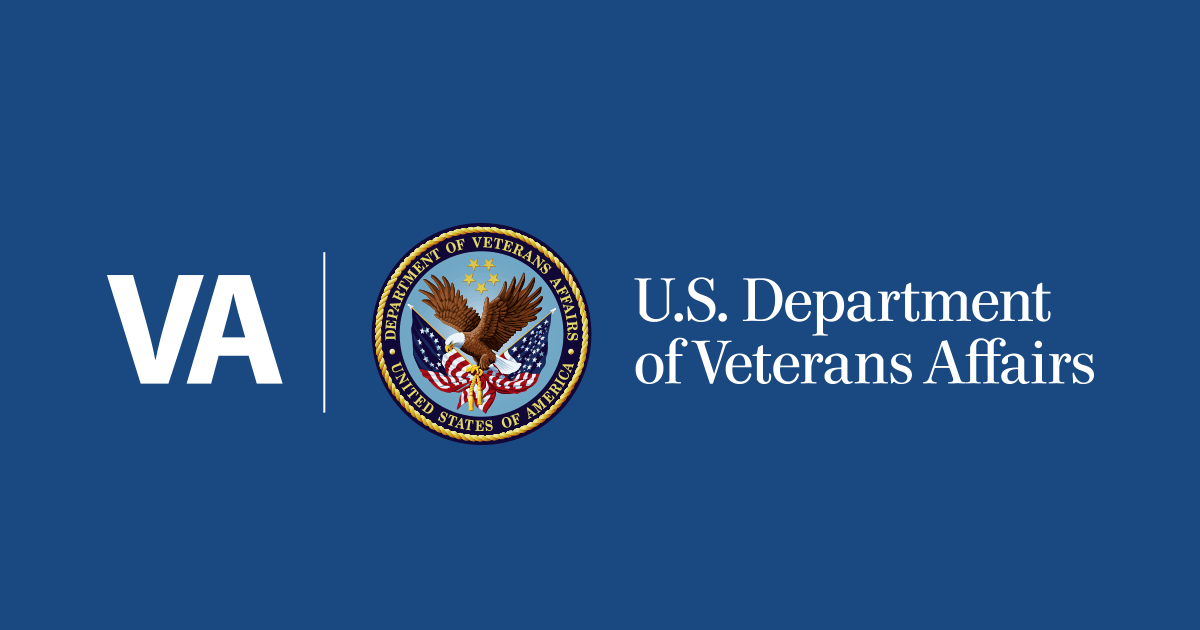BlackKnight333
New Member
- Joined
- Nov 21, 2023
- Messages
- 5
Hello, I am sure this topic has been discussed before but I am currently very conflicted and was looking for advice. I was accepted into a top-20 University that has been my dream school my whole life and I have a four-year ROTC scholarship. While I have yet to receive my nomination or been accepted yet, I feel that I have good odds at also getting accepted into West Point. Of course if I were not to be appointed, the decision would be made for me but if it goes as I expect I have a very difficult decision ahead of me. The truth is that I love both colleges and there are really both my dream schools. I would really like to hear from people who are in active duty or have been recently about how much an advantage West Point offers in terms of rising up the ranks in the Army. I do not currently plan on being a five and done and want to have a career in the Army up until the point of raising a family. I want to join MI and work within counterterrorism or something else in that are that allows me to utilize foreign languages. If I went to West Point I could minor in the Russian language/regional studies however at my university it would be easier to study multiple languages. I still have a lot of time to make this decision but any insight would be greatly appreciated on what the better path would be for my future.

